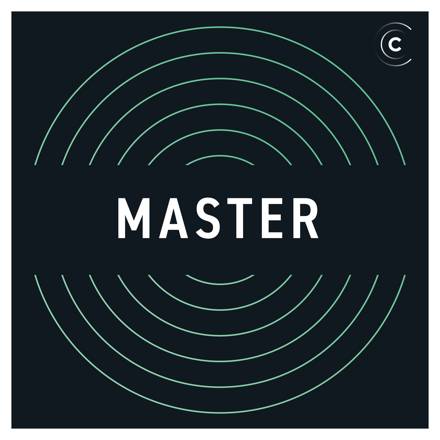The threat to open source comes from within
Forrest Brazeal is concerned about the open source threat from within, Vicki Boykis explains why Redis is forked, John O’Nolan and the Ghost team plan to federate over ActivityPub, Llama 3 is now available for “businesses of all sizes” & nolen writes up questions to ask when you don’t want to work.







